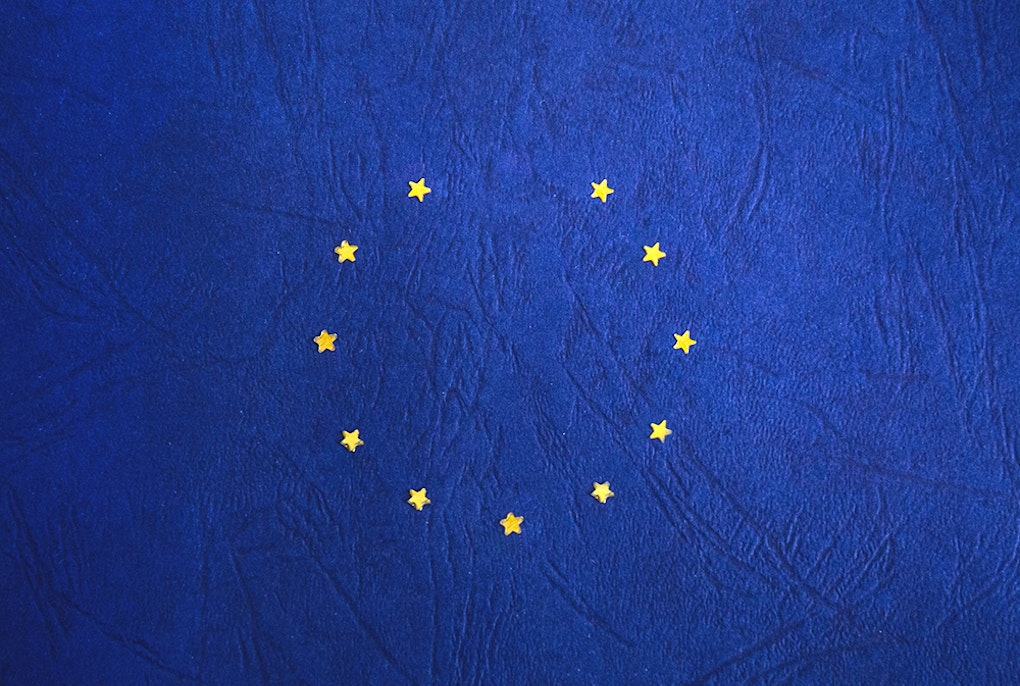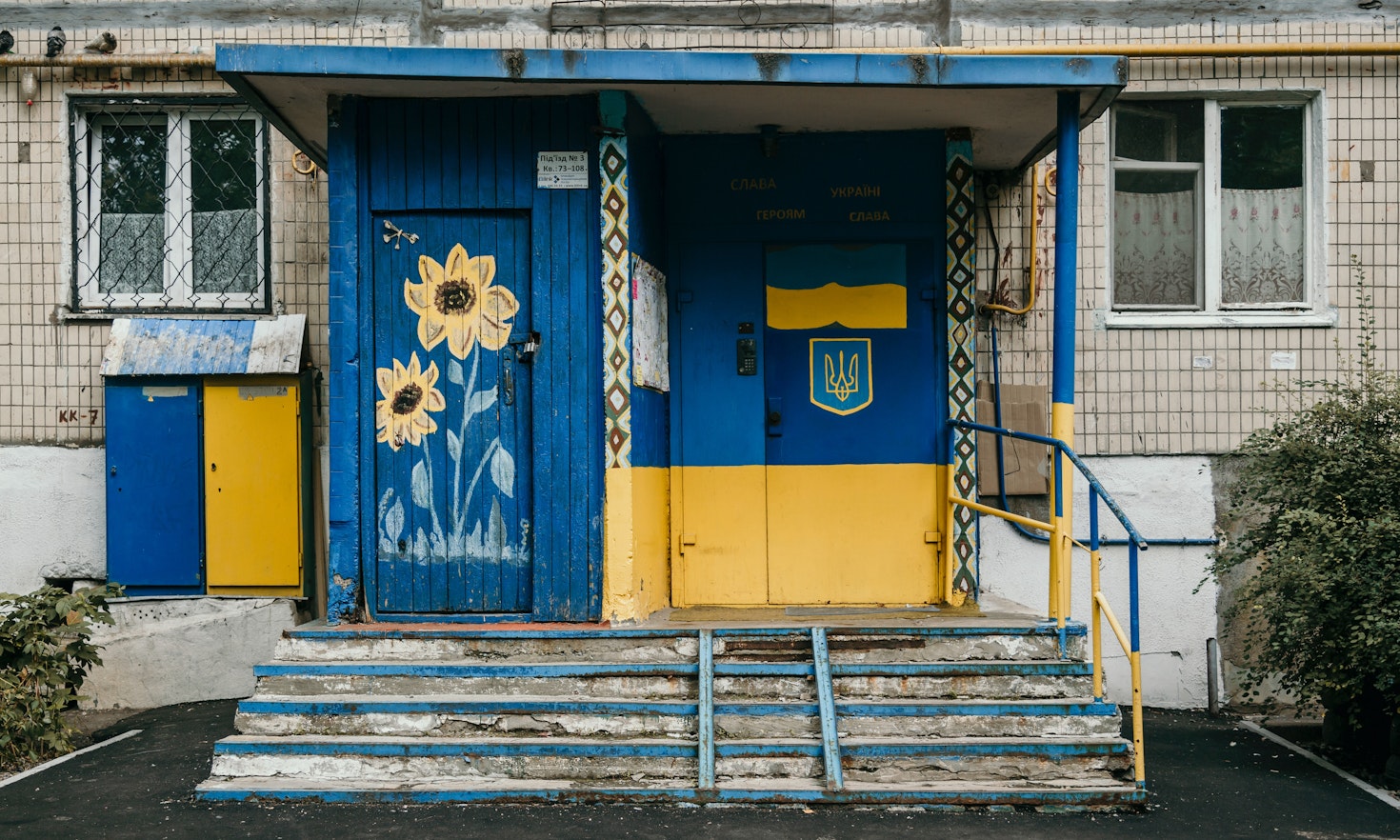
The Long Goodbye
 Sara Parolari
Sara Parolari
The post-Cold War world has changed dramatically in the past few days, after Russian President Vladimir Putin has ordered the invasion of Ukraine. There is incredible suffering and destruction, and Europe is shocked by the return of war on the continent. Not the first time after WWII (many commentators, in fact, “forgot” about the wars in the wake of Yugoslavia’s dissolution, and there were other wars, too), but a full-scale invasion of a large, sovereign neighboring State by Russia, military and nuclear superpower, has shaken the very foundations of our tranquil, peaceful life in a post-Cold War-world. However, the signs were on the wall and visible if one wanted to read them. After an early period of rapprochement in the late 1990ies, when constructive relations with Russia and even its inclusion into NATO appeared a possible option, the window of opportunity quickly closed and confrontation in a multipolar world, in which strength and power rather than cooperation, became the new norm (the war against Georgia and the annexation of Crimea were warning signs). The EU continued business as usual, weakened by a series of crises: the global financial and economic crisis (2007/8) which turned into a serious Euro-crisis (with the specter of a Greek exit from the monetary union), the migrant-crisis (2015) and the consequences of the Brexit referendum (2016), with the psychological trauma that one Member State preferred “taking back control” to “pooling sovereignty”. While Brexit, in a way, underlines the voluntary character of EU integration, it also raised concerns about the future of the Union: quite surprisingly, Brexit negotiations led to the opposite result, with close cooperation and coordination of the 27 members. There seems to be no alternative to European integration (often criticized as “TINA”-logic). Internally, however, in combination with the different crises, TINA also provoked a populist backlash in many Member States, with governments in Poland and Hungary openly defying solidarity (refusing to host asylum seekers and refugees) and even challenging the supremacy of EU Law (trying to bring the independent judiciary under their control).
Regarding the war in Ukraine, Poland and Hungary are among the most active Member States in favor of a strong reaction vis-à-vis Russia as well as welcoming and assisting refugees from Ukraine. And the EU has shown cohesiveness and strength adopting, in a few days, various packages of heavy economic sanctions against Russia. Member States coordinated their response also beyond, e.g. suspension of Russian membership rights in the Council of Europe and cooperation with the United States, the United Kingdom and others in the frame of NATO. In support of Ukraine, for the first time ever, the EU finances the purchase and delivery of weapons and other equipment to a country under attack.
The war in Ukraine and the siege of Kyiv are perceived as an existential threat to democracy throughout,1 a “watershed moment”.2 In this context, it was announced that Ukraine may even become a member of the EU, soon. As a goal, this is already anchored in the Ukrainian Constitution,3 since 2019. This surprising statement has immediately triggered a formal request, by President Zelensky; other states, such as Georgia and Moldova followed suit.
While it is, of course, hardly realistic for serious membership preparations to begin very soon, the symbolic gesture of the offer as well as of the requests cannot be underestimated.
The EU is currently re-discovering politics. Politics based upon its unique quality of being a “community of values” in which the latter are not imposed but identified through cooperation in an environment characterized by mutual trust which has been created by economic cooperation and by settling disputes over agreed rules with legal means rather than with arms. This unique democratic environment beyond the state level (“supranational”) is now under threat and the alternative are imposition by force, occupation and even destruction. Standing together against this threat, supporting the attacked neighbor Ukraine also by giving it a clear future perspective (and thus hope) as well as being open to like-minded states is key for re-introducing active politics based upon common, democratic values.
30 years ago, another European city was under siege, for years: Sarajevo. As a response to the wars in Yugoslavia, the EU offered all Western Balkan States the perspective of future accession. A long process began, known as “Stabilisation and Association Process”, and while Slovenia and Croatia have already become members (in 2004 and 2013, respectively), the other “Western Balkan Six” are still candidates or “potential candidates”, the latter not even negotiating. For too long, the pre-accession process in the region has been lingering and been managed as a mere technical exercise, with politics largely absent. This was an opportunity exploited by Russia and other geopolitical actors destabilizing the region. A credible political message and significant political engagement by the EU and its Member States were lacking. Thorough and profound reforms are necessary for a sustainable transformation and for becoming fit for the single market and the obligations as a Member State. But two decades of reform efforts (admittedly with scarce results in many important fields) without a credible political perspective are too much for any motivated candidate, in particular for those which did not even formally start negotiations (such as Northern Macedonia, official candidate since 2005!).
The enlargement process foresees various phases, negotiations, many reforms and internal change. Whether Ukraine, Georgia, and Moldova can now be “fast tracked” within this process, might be an interesting debate among experts. However, this debate must neither end up in weakening the accession process (as thorough preparation is key for sustainable membership) or introduce a kind of privileged partnership (as a substitute), nor should they exclude the Western Balkans. Otherwise, the next conflict might not be far away. It is extremely important that the EU sticks to an accession process with the political goal of full membership, because membership is not only about economic integration, but above all about joining the EU as a community of values.
The siege of Kyiv has sadly reminded us of the importance of those political values, of peace and of settling conflicts peacefully summarized by the concept of “democratic security”. Developed through economic cooperation, the European Union is based on this shared political concept, clearly opposed to the design of autocratic aggressors. But even a “soft power” may and should demonstrate strength when challenged.
See, for further information: Joël Reland, The Ukraine-EU Relationship, Explainer (03 Mar 2022)

This content is licensed under a Creative Commons Attribution 4.0 International license except for third-party materials or where otherwise noted.